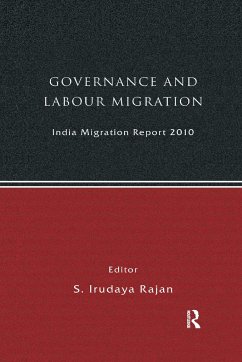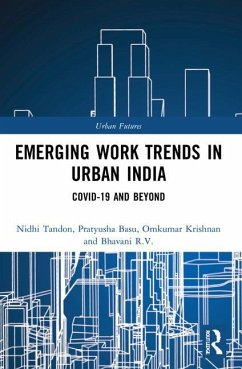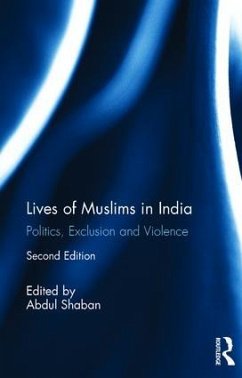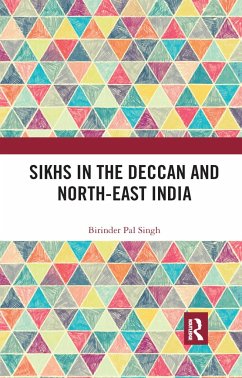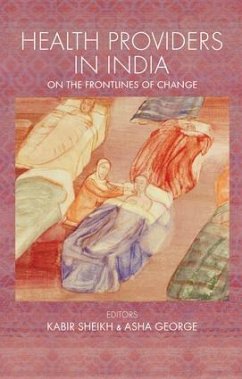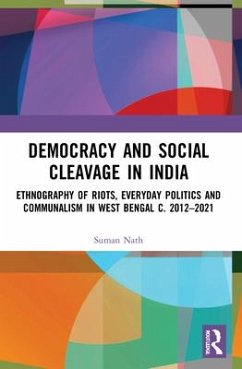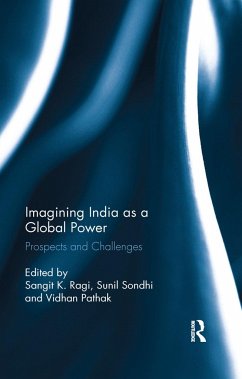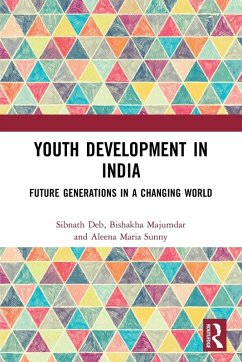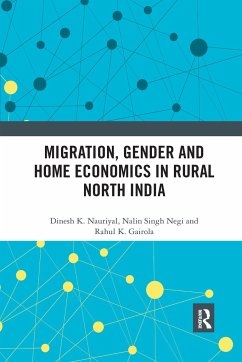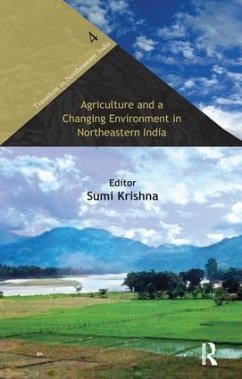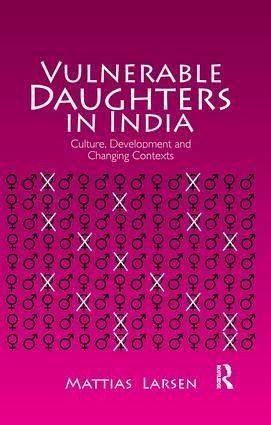
Vulnerable Daughters in India
Culture, Development and Changing Contexts
Versandkostenfrei!
Versandfertig in 1-2 Wochen
64,99 €
inkl. MwSt.

PAYBACK Punkte
32 °P sammeln!
In India, girls are aborted on a massive scale merely because they are girls. Underlying this widespread problem is the puzzling fact that daughters have become vulnerable in a time of general improvement of welfare, female status and deep economic and social changes. The findings centre on a contradiction between the continued importance of the cultural factors which for so long have established that a son is necessary, and socio-economic changes that are challenging the importance of these very same factors. This contradiction entails an uncertainty over sons fulfilling expectations which ha...
In India, girls are aborted on a massive scale merely because they are girls. Underlying this widespread problem is the puzzling fact that daughters have become vulnerable in a time of general improvement of welfare, female status and deep economic and social changes. The findings centre on a contradiction between the continued importance of the cultural factors which for so long have established that a son is necessary, and socio-economic changes that are challenging the importance of these very same factors. This contradiction entails an uncertainty over sons fulfilling expectations which has, rather than tilt the balance in favour of daughters, instead increased the relative importance of sons and intensified negative consequences for daughters. The original findings are based on set theoretic systematic comparisons of eight villages in Himachal Pradesh that facilitate a reconceptualization and an alternative analysis that takes contextual differences into account. It builds on extensive fieldwork and collection of both qualitative and quantitative data.





